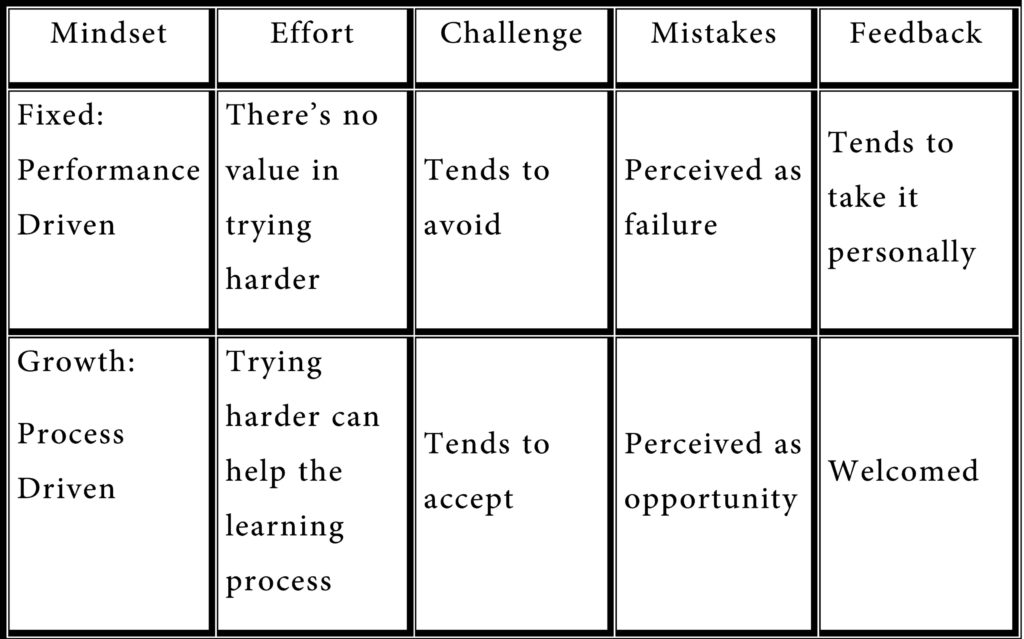
The Imposter Syndrome
Many times you will hear people (especially women) talk about having the “Imposter Syndrome”. If you’ve never heard of it, imposter syndrome is the belief that people will find out that you really don’t know what you’re talking about. It’s terrifying and can stop you dead in your tracks because you start to believe it too. Later this month I’m going to start writing a book that has me screaming “IMPOSTER!” most of my waking hours and it started me wondering if seeing ourselves from others’ perspectives will lessen the anxiety we tend to experience.
Believe me, I get it. I struggle with this every time I sit down to write this blog, design a course or conduct a workshop. I’ve had decades of managerial experience in various industries (retail, military, academics, and government). I have a Master’s Degree in Public Administration and I teach leadership skills to my clients. With all that, I am still convinced that everyone reading this is thinking, “why am I wasting my time reading this, she doesn’t have a clue!”. The good news is – I don’t believe you so I keep on writing. I keep writing but it’s hard. Because for every ten times I don’t believe you, there are five other times that I do.
Self-Doubt and Perspective
So how can the imposter syndrome affect our work perspective? If it crops us every now and again, no problem. We shake it off and go about our business. However, if we allow it to consume us, we lose confidence in our ability to lead and the whole team suffers. Self-doubt creeps in and we put aside our creativity and it inhibits our ability to encourage a growth mindset for others (remember last month’s blog?). More importantly, we lose the capacity to see ourselves as others see us, which is crucial to breaking through self-doubt.
As managers, self-doubt bleeds over to the team. If we don’t trust ourselves, how can we get them to trust us? We can’t. Our teams not only look to us for direction, but they also need us to be their cheerleaders, their support systems, and their confidants. We have an obligation to build their confidence so that they can be more competent. To do that, we must be more confident in ourselves. One way to do that is to see ourselves as our team sees us.
How to Do it:
Want to how others see you? Ask them, you’d be surprised at their willingness to help. Ask them what they like or don’t like about the way you manage. Be specific. Ask for input such as how you give feedback or show your support for their success. The more specific the information, the more you’ll see you through their eyes. One way to get information is to invite them to create an anonymous list of the things they’d like you to keep, start, and stop doing. It’s a great exercise and gives you explicit ways you can improve your managerial skill set.
Asking for help from the same people you are supposed to be helping requires vulnerability. Putting yourself out there requires trust between you and your team, so make sure that your workplace is one of respect and that you are fostering a culture of learning and acceptance. If you do, embrace that vulnerability and let your willingness to see yourself through the eyes of others. It might just be the biggest facet of your success.
Resources:


